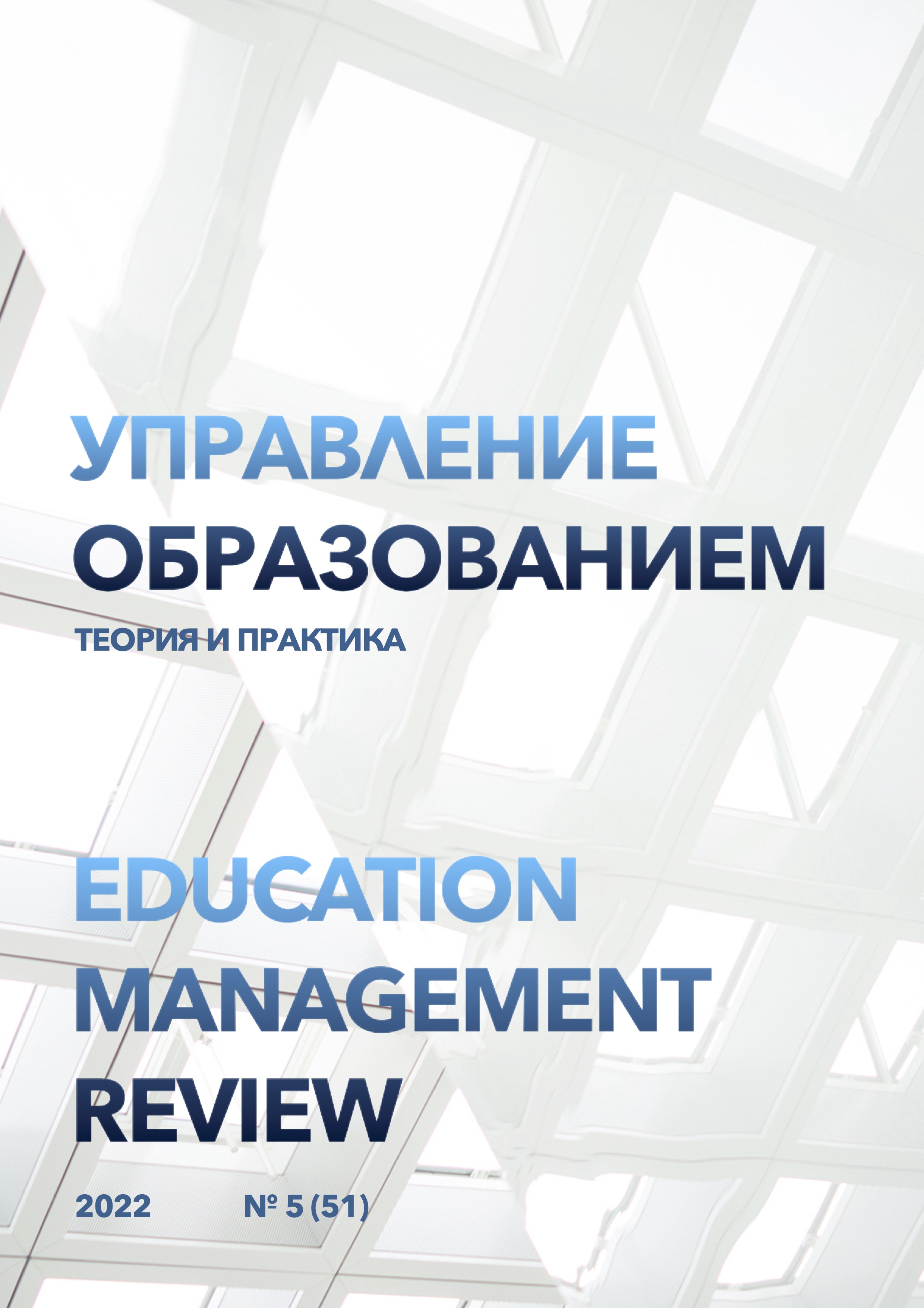Структурирование целостности восприятия экологического образования в современной систему обучения
DOI:
https://doi.org/10.25726/a8225-7930-0611-jКлючевые слова:
экология, компетенция, образование, обучение, системаАннотация
Развитие экологической компетентности личности напрямую связано с уровнем реализации экологического образования, которое осуществляется различными социальными институтами общества. Особое место среди них занимает высшая профессиональная педагогическая школа, которая обеспечивает развитие профессиональной компетентности и готовности будущих педагогов к экологическому образованию и воспитанию подрастающего поколения. Соответственно систему экологического образования и воспитания в условиях учреждения высшего образования мы рассматриваем как целостный образовательный процесс, целью которого является формирование не только экологических знаний, но и ценностных ориентаций и определенных убеждений студентов, определяющие их жизненную позицию и поведение в области будущей профессиональной деятельности, понимание ценности всего живого и собственной ответственности за его будущее.
Библиографические ссылки
Axini, M., & Bercu, R. (2010). Theoretical and practical activities concerning the development in pupils of conscience concerning the coastal wetlands. Journal of Environmental Protection and Ecology, 11(2), 774–781.
Baker-Shelley, A., van Zeijl-Rozema, A., & Martens, P. (2017). A conceptual synthesis of organisational transformation: How to diagnose, and navigate, pathways for sustainability at universities? Journal of Cleaner Production, 145, 262–276. https://doi.org/10.1016/j.jclepro.2017.01.026
Barron, D., Jackson, S., & Anderson, L. (2005). Ignorance, Environmental Education Research and Design Education. Australian Journal of Environmental Education, 21(2), 39–46. https://doi.org/10.1017/S0814062600000938
Dunetz, D. (2014). Transformative education and sustainability: Pathways and possibilities. Politics Now: Enhancing Political Consciousness in High Schools.
Hays, J., & Reinders, H. (2020). Sustainable learning and education: A curriculum for the future. International Review of Education, 66(1), 29–52. https://doi.org/10.1007/s11159-020-09820-7
Levins, R. (2005). How Cuba is going ecological. Capitalism, Nature, Socialism, 16(3), 7–25. https://doi.org/10.1080/10455750500208706
Lukito, W., Wibowo, L., & Wahlqvist, M. L. (2017). The clinical nutrition research agenda in Indonesia and beyond: Ecological strategy for food in health care delivery. Asia Pacific Journal of Clinical Nutrition, 26, S1–S8. https://doi.org/10.6133/apjcn.062017.s12
Misiaszek, G. W. (2020). Countering post-truths through ecopedagogical literacies: Teaching to critically read ‘development’ and ‘sustainable development.’ Educational Philosophy and Theory, 52(7), 747–758. https://doi.org/10.1080/00131857.2019.1680362
Mullick, A. K. (2007). Use of industrial wastes for sustainable cement and concrete constructions. Indian Concrete Journal, 81(12), 16–24.
Nesmith, S. M., Wynveen, C. J., Dixon, E. M., Brooks, B. W., Matson, C. W., Hockaday, W. C.,… DeFillipo, J. E. (2016). Exploring Educators’ Environmental Education Attitudes and Efficacy: Insights Gleaned from a Texas Wetland Academy. International Journal of Science Education, Part B: Communication and Public Engagement, 6(3), 303–324. https://doi.org/10.1080/21548455.2015.1078519
Sánchez-Blanco, C. (2021). Caring to Educate and Educating to Care in Early Childhood Education in Spain. International Perspectives on Early Childhood Education and Development, 35, 167–178. https://doi.org/10.1007/978-3-030-68241-5_12
Shaw, E., Walpole, S., McLean, M., Alvarez-Nieto, C., Barna, S., Bazin, K., … Woollard, R. (2021). AMEE Consensus Statement: Planetary health and education for sustainable healthcare. Medical Teacher, 43(3), 272–286. https://doi.org/10.1080/0142159X.2020.1860207
Swanson, D. M., & Gamal, M. (2021). Global Citizenship Education / Learning for Sustainability: tensions, ‘flaws’, and contradictions as critical moments of possibility and radical hope in educating for alternative futures. Globalisation, Societies and Education, 19(4), 456–469. https://doi.org/10.1080/14767724.2021.1904211
Wattchow, B., & Higgins, P. (2014). Through outdoor education: A sense of place on scotland’s river spey. The Socioecological Educator: A 21st Century Renewal of Physical, Health,Environment and Outdoor Education (Vol. 9789400771673). https://doi.org/10.1007/978-94-007-7167-3_10
Williams, D. (2016). Transition to transformation in fashion education for sustainability. World Sustainability Series, 217–232. https://doi.org/10.1007/978-3-319-26734-0_14




